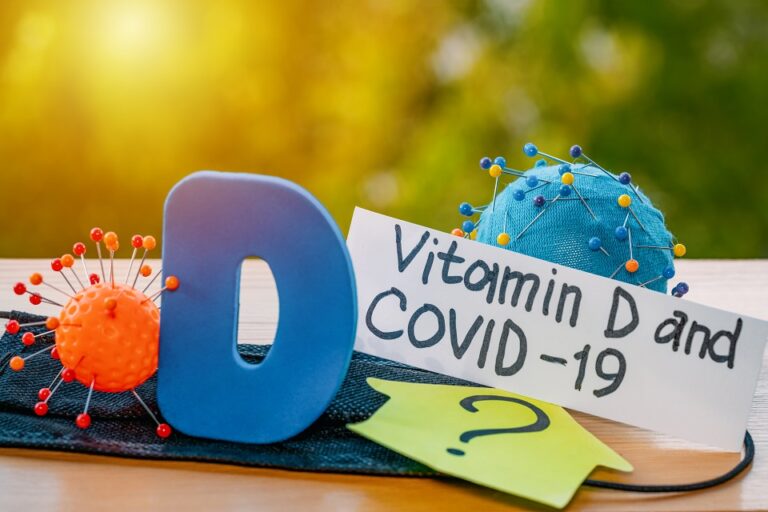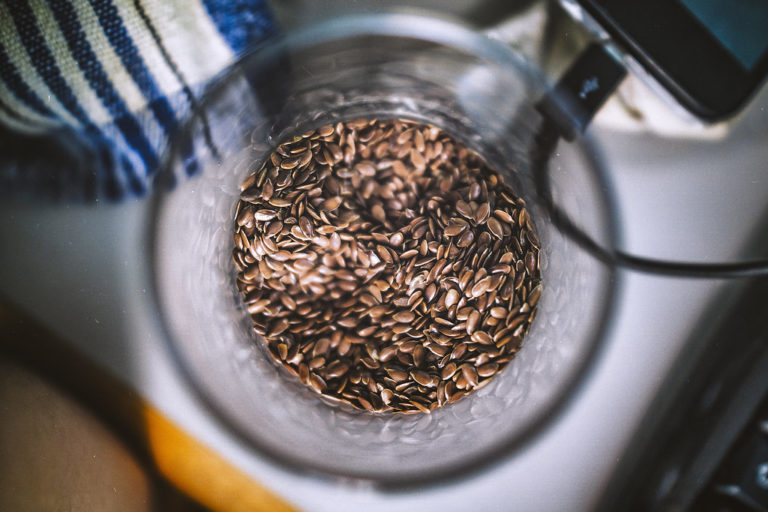
Myth #3: Exercise is dangerous for people who have diabetes
Many studies suggest that regular physical activity helps lower blood sugar levels and can improve diabetes management. If you take medication or insulin that can cause low blood sugar, says the Mayo Clinic, “test your blood sugar 30 minutes before exercising and approximately every 30 minutes during exercise. This will help you determine if your blood sugar level is stable, rising, or falling and if it’s safe to keep exercising.”


























1 thought on “7 Myths About Diabetes You Should Totally Ignore”
That was very helpful!